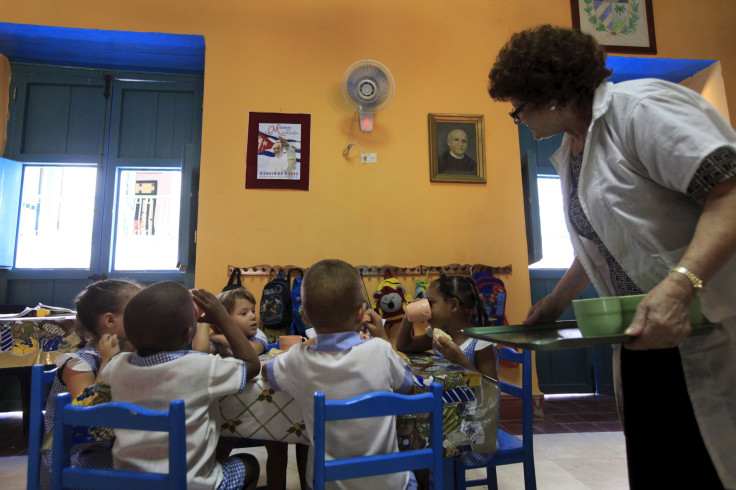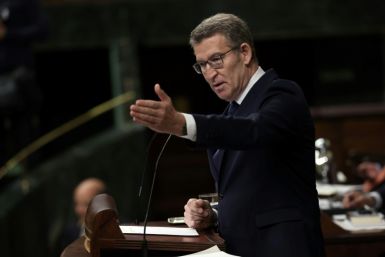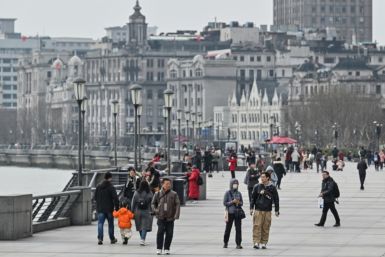Global report places Australia 30th of 35 countries in funding early education

A recently released global survey indicates that Australia rates poorly for funding early education. The number of Aussie kids who get access to early childhood education is far below the global average.
In an OECD report, Australia was on the 30th spot of 35 countries in spending on childhood care as a percentage of gross domestic product. The nation spends 0.5 percent, which is less than half of the amount other countries such as Russia, Chile and Slovenia spend.
New Zealand, for instance, spends 0.9 percent of GDP. The analysis prompts calls for increased funding to ward off a possible hit to the Australian economy and workface in future.
Tomorrow’s workforce
Australian Childcare Alliance NSW president Lyn Connolly has warned that the country’s low enrolment rates poses a risk to Australia’s workforce. The nation may soon not be able to keep up with international competitors.
Connolly pointed to an abundance of proof showing kids who get access to early childhood education are less likely to end up on welfare or in the prison system. A report by the Program for International Student Assessment supports her statement, with the research indicating those who had at least two years of early childhood education performed better than others at age 15.
“With the annual cost of early childhood education and care more expensive than private-school tuition, it’s no wonder many mothers are deferring going back to the workforce, and this is having a knock-on effect on the Australian economy,” The Australian quotes her as saying. Titled “Starting Strong 2017,” the report, Connolly said, is a “worry” for Aussie families.
The federal government offers 12 hours of early education and care per week through Jobs for Families. ACA NSW said it must boost funding to 0.8 percent of GDP in order to reach the OECD benchmark.
Meanwhile, a university mission group head said that the country must also focus on higher education. Executive director of Australia’s Regional Universities Network Caroline Perkins has said that the nation can learn from local investment plans found throughout Europe in which universities play a huge role.
“Universities are so important to the towns and cities where they are located, but we could do so much more in terms of collaborating with these cities,” Perkins told Times Higher Education, adding city deal-style initiatives to support regional universities were essential. Perkins’ universities educate at least 10 percent of students in Australia.
Read More:
Turnbull gov't to introduce a bill that will ensure employers are paying workers' super
Turnbull announces laws obliging Facebook, Google to help with crime investigations
The View/YouTube






